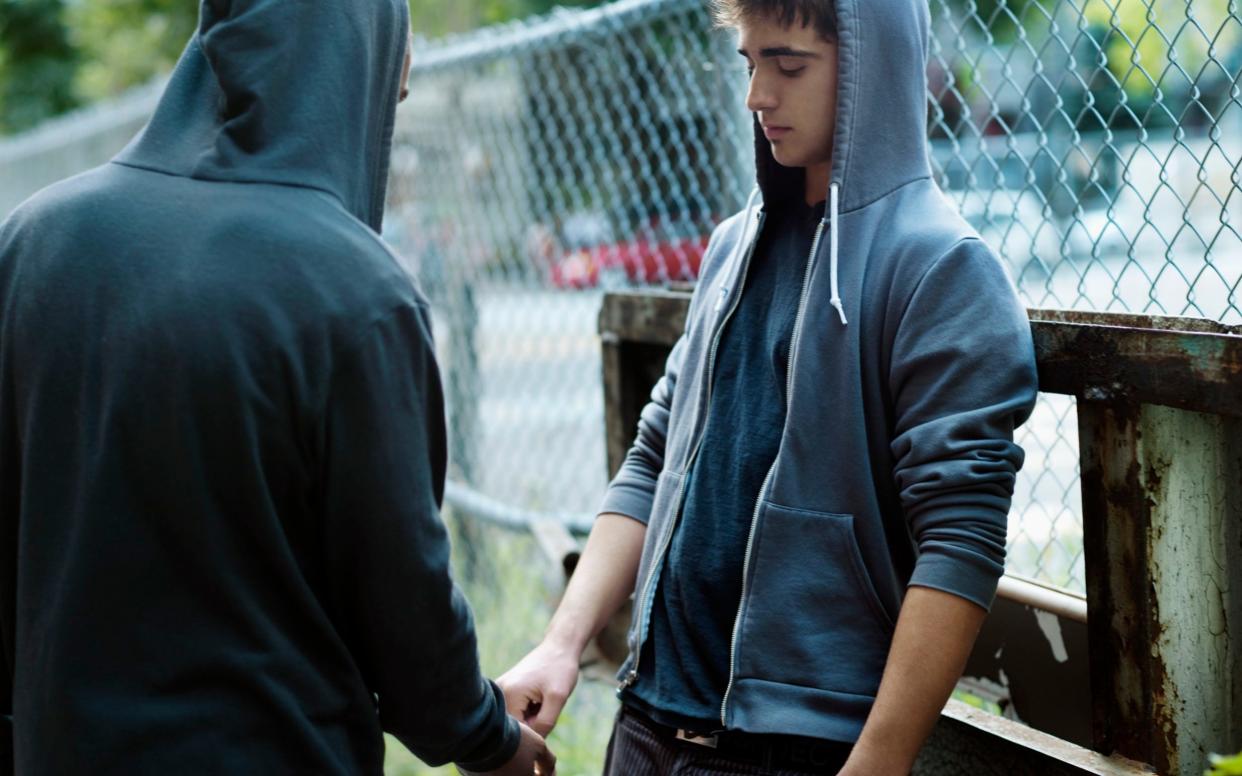Modern slavery by “ruthless” county lines gangs doubled during lockdown, figures show

The number of referred cases of modern slavery by “ruthless” county lines gangs has more than doubled during lockdown, official figures show.
Between April and June this year the number of referrals to the country’s National Referral Mechanism (NRM) rose to 409, the highest on record.
These more than doubled from 199 for the first part of this year.
The vast majority of these cases were children, making up 92 per cent of the referrals, according to Home Office figures.
This is despite the overall number of referrals of suspected number of modern slavery victims fell by almost a quarter during the same time.
Anne Longfield, the Children’s commissioner said that lockdown has provided criminals with a “golden opportunity” to exploit children while they’re away from school.
“Vulnerable children who fall through the gaps in the system are easy prey for ruthless criminal gangs,” she said.
Sadly lockdown, where many of the most vulnerable children were often out of sight and out of school, has been a golden opportunity for those who want to exploit them.
“Many areas are still not facing up to the scale of the challenge, not taking notice of the risk factors such as vulnerable home environments, exclusion from school or going missing, and not providing the services and support these children need to protect them. We know that less than half of child offenders involved in gangs are being supported by children’s services.
“The Government and local areas have long been aware of these problems but still lack the political will to provide what is needed to divert the most vulnerable children away from the dangers of county lines.”

Earlier this year police were told not to pursue criminal charges for less serious crimes such as drug offences to help clear the backlog of cases in court.
Sara Glen of the National Police Chiefs Council said that forces should review cases to give out-of-court measures such as cautions or curfews, rather than making an offender face a day in court.
Dame Sara Thornton, the UK’s Independent Anti-Slavery Commissioner urged police forces should make sure that they are not allowing criminals to get away with modern slavery by prosecuting them purely for drug offences.
“When organised crime groups are deliberately exploiting children and vulnerable adults to carry drugs, it is essential that they are prosecuted for trafficking human beings as well as illicit substances,” she told the Telegraph.
“Concern about the backlog of cases in the Crown Courts should not be used to stop this from happening. I urge police and prosecutors to ensure that cases of exploitation are effectively prosecuted as Parliament intended under the Modern Slavery Act, so that justice can be done for some of the most vulnerable in our society.”
Baroness Butler-Sloss, co chair of the APPG on Human Trafficking and Modern Slavery, speaking at an event last night, stressed her concerns that criminals were being convicted for smaller offences, with shorter sentences rather than for modern slavery.
Despite the number of modern slavery cases flagged to the CPS for prosecution remaining level at 301 in the last year, the number of actual prosecutions carried out by the CPS has almost halved in three years.
This year there were only 71 prosecutions, down from 142 a year ago.
“What I find very extraordinary and really very depressing as someone who helped get the modern slavery act up and running that almost none of the costs of the Act which could be used or being used by the CPS,” said Baroness Butler-Sloss.
“Maybe through the police or through the CPS, I don't know, it is in fact, finding other offenses of which these traffickers are guilty, and therefore presumably easier to find convictions.
“The result is that, of course, thevery, very long sentences capable of being awarded and the modern slavery act are not very long sentences and these other offenses, and this is a disturbing trend that's happened even before the Modern Slavery Act, but it hasn't abated since something needs to be done about that.”
A Home Office spokeswoman said: "The Government is determined to crack down on criminal gangs who are exploiting children and having a devastating impact on our communities."
"As part of our £25 million programme to tackle county lines we are investing in specialist support for victims of this abhorrent form of exploitation.
"We have already implemented a number of significant reforms to the National Referral Mechanism (NRM) and are embarking on an ambitious transformation of the NRM to build on this work - giving vulnerable victims the tailored support they need to move on with their lives."


